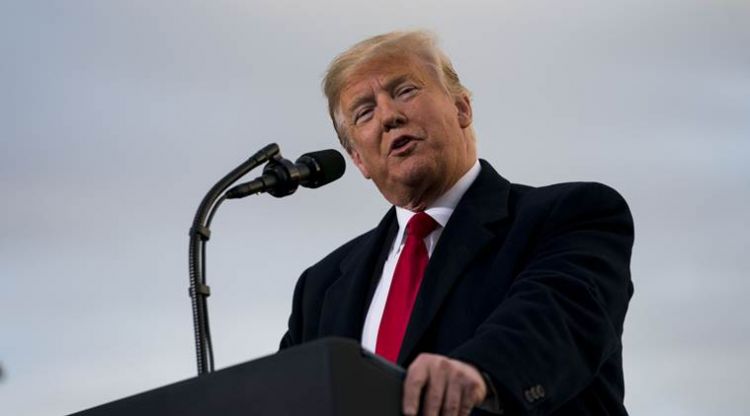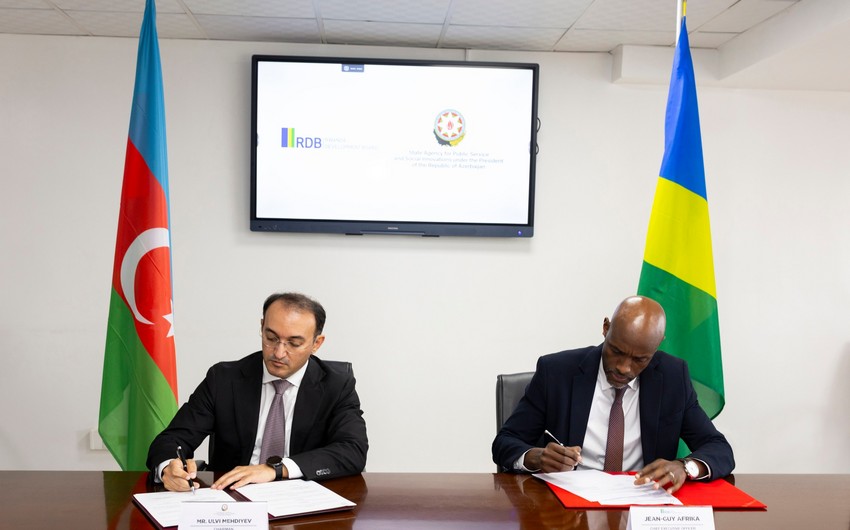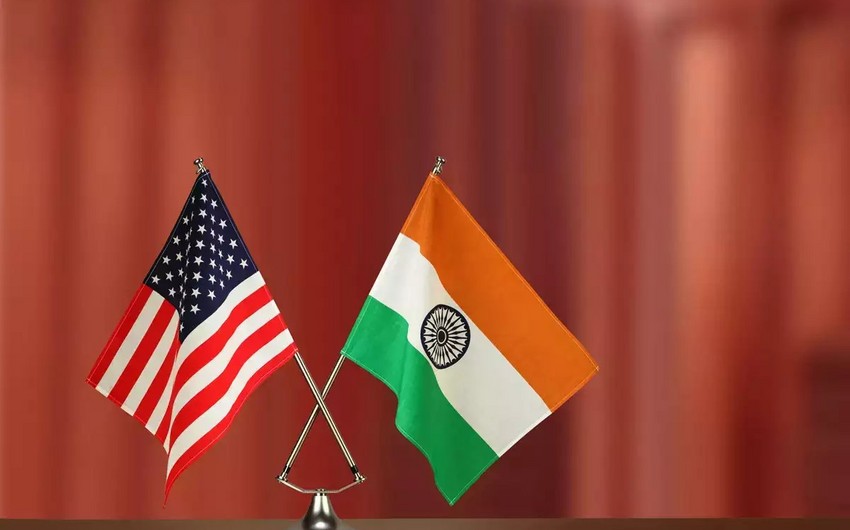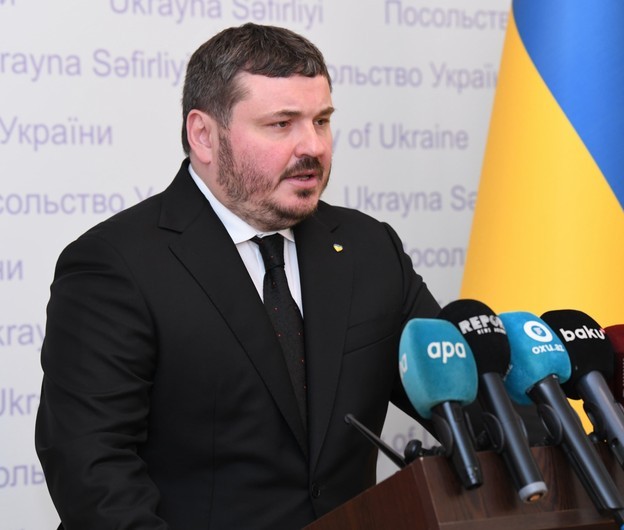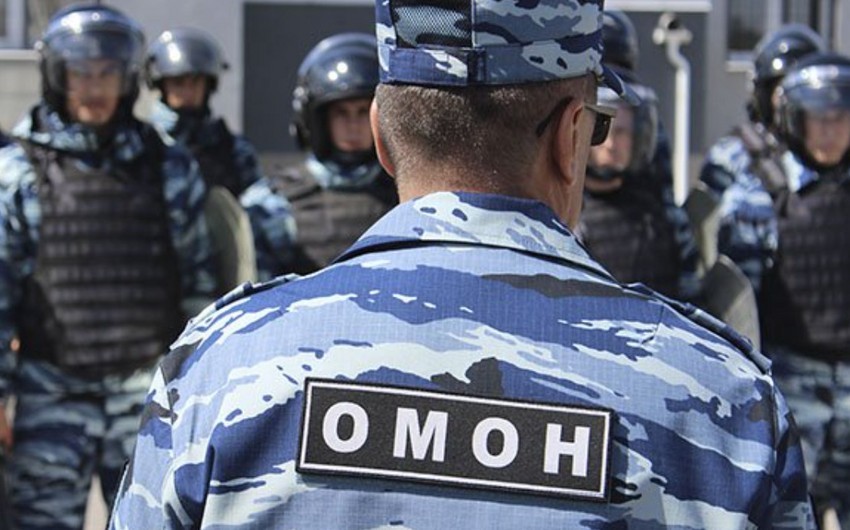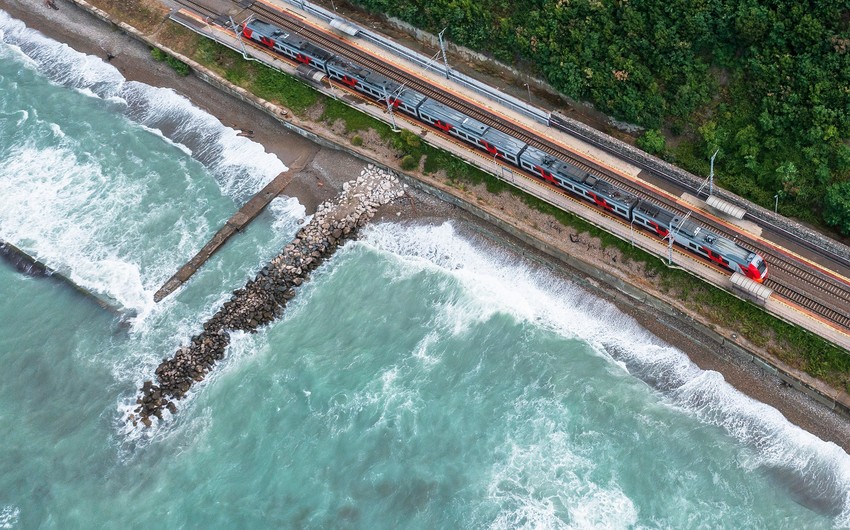The Trump administration is preparing to tell Russian leaders next week that it is planning to exit the landmark Intermediate-Range Nuclear Forces Treaty, in part to enable the United States to counter a Chinese arms buildup in the Pacific, according to U.S. officials and foreign diplomats.
President Donald Trump has been moving toward scrapping the 3-decade-old treaty, which grew out of President Ronald Reagan’s historic meeting with Mikhail Gorbachev in 1986. While the treaty was seen as effective for years, Russia has been violating it at least since 2014 in an effort to menace other nations.
But the pact has also constrained the United States from deploying new weapons to respond to China’s efforts to cement a dominant position in the Western Pacific and to keep U.S. naval forces at bay. Because China was not a signatory to the treaty, it has faced no limits on developing intermediate-range nuclear missiles, which can travel thousands of miles.
The White House said no official decision had been made to leave the treaty, known as INF, which at the time of its signing was considered a critical step in defusing Cold War tensions. But in the coming weeks, Trump is expected to sign off on the decision, which would mark the first time he has scrapped an arms control treaty, the U.S. officials said.
Now that the treaty is largely in tatters, the question is whether the decision to leave it will accelerate the increasingly Cold War-like behavior among the three superpowers: the United States, Russia and China.
As Russia has flown bombers over Europe and has conducted troop exercises on its borders with former Soviet states, the United States and its NATO allies have been rotating forces through countries under threat. Ukraine has become a low-level battleground, with ground skirmishes and a daily cyberconflict. China and the United States are jostling for position around reefs in the South China Sea that Beijing has turned into military bases, and they are both preparing for any possibility of war in space.
For the past four years, the United States has argued that Russia is in violation of the treaty because it has deployed prohibited tactical nuclear weapons to intimidate European nations and former Soviet states that have aligned with the West. But President Barack Obama chose not to leave the agreement because of objections from the Europeans — particularly Germany — and out of concern that it would rekindle an arms race.
Trump appears not to share such hesitation. His national security adviser, John R. Bolton, will warn the Russian president, Vladimir Putin, on a trip to Moscow early next week that the United States plans to leave the treaty, the US officials said.
Bolton declined to comment on his forthcoming trip. But a senior administration official issued a statement saying that “Russia continues to produce and field prohibited cruise missiles and has ignored calls for transparency.”
Defense Secretary Jim Mattis has publicly brought the subject up several times in recent weeks, saying that Russia’s violations were “untenable” and signaling that the administration was reviewing its options. The preparations to leave the treaty were described by foreign diplomats who have been briefed on the matter and by U.S. officials with knowledge of the plans.
In a lengthy nuclear strategy document published early this year, the administration detailed the Russian violations and concluded that the country’s “decision to violate the INF treaty and other commitments all clearly indicate that Russia has rebuffed repeated U.S. efforts to reduce the salience, role and number of nuclear weapons.”
The Pentagon has been developing nuclear weapons to match, and counter, what the Chinese have deployed. But that effort would take years, so, in the interim, the United States is preparing to modify existing weapons, including its non-nuclear Tomahawk missiles, and is likely to deploy them first in Asia, according to officials who have been briefed on the issue. Those may be based in Japan, or perhaps in Guam, where the United States maintains a large base and would face little political opposition.
The last time the United States withdrew from a major nuclear arms control treaty was in 2002, when President George W. Bush fulfilled a campaign promise and scrapped the Anti-Ballistic Missile Treaty. While Trump withdrew from the Obama-era deal with Iran this year, that agreement was not a treaty, and it governed only Iran’s production of nuclear materials. Tehran has no nuclear weapons.
Bush’s pullout from the ballistic missile treaty led to a buildup of anti-missile defenses — still an irritant in relations with Russia. But it also led to a modest arms control agreement with Russia, reducing the overall number of weapons possessed by each country.
But such an agreement seems unlikely to emerge from the demise of the INF treaty. For cash-constrained Russia, tactical nuclear weapons, along with cyberweapons, are cheap offensive options. Just last week, Putin, in an annual speech, reported that Russia was preparing to deploy a new hypersonic missile, reinforcing the sense that the long hiatus in the nuclear arms race is over. Such missiles step around current arms control limits.
Trump himself has not publicly criticized the Russian arms buildup, in line with his generally deferential approach toward Putin. But he is surrounded in the administration by hawks on the nuclear issue, none more outspoken than Bolton, and the administration’s decision to brief allies this week on the issue was viewed by key NATO partners as a sign that the decision had been made, even if it had not been formally acknowledged.
“The collapse of the treaty would likely open up a missile race in Europe and elsewhere,” said Hans M. Kristensen, director of the Nuclear Information Project at the Federation of American Scientists, a private group in Washington. “It would signal a new phase where countries would compete to deploy and counterdeploy weapons.”
Jon Wolfsthal, a nuclear expert on the National Security Council during the Obama administration, said a withdrawal would roil Europe.
“Things are just now calming down,” he said. “This would be another hand grenade in the middle of NATO to split the allies.”
The 1987 treaty between Washington and Moscow bans all land-based missiles with ranges of 500 to 5,500 kilometers, or 310 to 3,420 miles. Missiles that go that far are known as short- and intermediate-range. The treaty covers land-based missiles carrying both nuclear and conventional warheads. It does not cover air-launched or sea-launched weapons.
The main impetus for the pact was Moscow’s deployments of the SS-20 — a mobile, concealable missile that could loft up to three nuclear warheads. When lifted into a vertical position atop its mobile launcher, the missile stood more than five stories high.
It terrified the Europeans, and the treaty emerged as a compromise proposal at the historic 1986 summit meeting in Reykjavik, Iceland, where Gorbachev favored a ban on all ballistic missiles. Reagan demurred, intent on continuing work on the Strategic Defense Initiative, which he viewed as a shield against all attacks.
The weapons ban — signed in Washington in December 1987 by both men — resulted in the destruction of 2,692 missiles. Washington demolished 846, and Moscow 1,846.
The American side destroyed missiles it had sent to Western Europe in response to the SS-20, including Pershing II ballistic missiles and ground-launched cruise missiles. The low-flying weapons hug the ground to avoid enemy radars and air defenses.
The Obama administration was the first to charge publicly that Moscow was violating the treaty. The offending weapon was identified as a land-based cruise missile, the SSC-8. Russia has consistently denied any violation.
“The INF treaty was rightly viewed as a remarkable achievement by President Reagan when it was ratified over 30 years ago,” said Sen. Tom Cotton, R-Ark., who has urged exiting the treaty, and is sometimes named as a possible replacement for Mattis. “But today the Russians are openly cheating, and the Chinese are stockpiling missiles because they’re not bound by it at all.”
If the Trump administration leaves the treaty, it is likely to deploy a version of the Tomahawk cruise missile that is redesigned to be launched from land. Ships and submarines now carry Tomahawks armed with conventional warheads; experts say that eventually a nuclear warhead could be designed to fit the Tomahawk.

